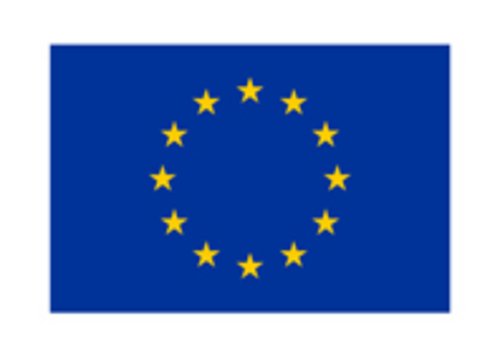PLANET
Progress towards Federated Logistics through the Integration of TEN-T into A Global Trade Network
The PLANET project aimes to assess the impact of emerging global trade corridors on the Trans-European Transport Network (TEN-T) and ensure effective integration of the European to the global network. TEN-T is a program of the European Union and aims to strengthen Europe's international competitiveness by improving the accessibility of the regions and harmonising border traffic.
PLANET focuses on two important approaches in research and development:
- Using a geo-economics approach, resreachers model and specify the dynamics of new trade routes and its impact on logistics infrastructure and operations. Particular attention is paid TEN-T, including its peripheral regions and landlocked developing countries.
- In addition, rersearchers develop a EU-Global Network for freight transport in which new concepts and technologies will be applied (Internet of Things, Blockchain and the physical internet, 5G, 3D printing, autonomous vehicles /automation, hyperloop). The network is supposed to make freight transport infrastructure sustainable and remedy its shortcomings.
PLANET models, analyses, demonstrates and evaluates the interaction and dynamic of new application of information and communication technology (ICT) for transport research, thus providing a more realistic picture of the emerging transport and logistics environment. The project uses three EU-wide trade corridors as living labs for intercontinental connection, thus providing the experimental environment to design and use a data infrastructure for EU-global freight networks. To facilitate this process, the researchers develop an open, collaborative planning tool which can be used by TEN-T-corridor-participants, planners of infrastructure and industrial/technology strategists. Moreover, important transport and logistics actors, such as freight transport companies, are involved in the project. The aim is to create strategic and technological stimuli for freight networks.
The Wuppertal Institute develops models, strategies and instruments for PLANET in order to make the project's objectives and results applicable to disadvantaged regions.
This project has received funding from the European Union's Horizon 2020 research and innovation programme under grant agreement No 860274.

Project team
Co-ordination
Staff
Client/sponsor
Project partner
- Blockchain Fieldlab BV
- CITYlogin
- CPSI - Comunidade Portuaria De Sines
- Center of Research and Technology Hellas (CERTH)
- Cosco Shipping Lines Spain SA
- DHL Supply Chain Spain SL
- Ebos Technologies Limited
- European Shippers' Council
- Fundacion de la Comunidad Valenciaport
- GS1 (Poland and China)
- Inlecom
- Instituto Tecnologico de Aragon
- International Union for Road-Rail Combined Transport
- Interregional Alliance for the Rhine-Alpine Corridor
- Konnecta Systems Limited
- Lukasiewicz Instytutlogistyki I Magazynowania
- New Generation Sensors SRL
- New Opera AISBL
- Ontotext
- Panteia VA
- Poczta Polska SA
- Rotterdam School of Management, Erasmus University
- Virtual Learning and Technology Networks
- Zaragoza Logistics Center (ZLC)
